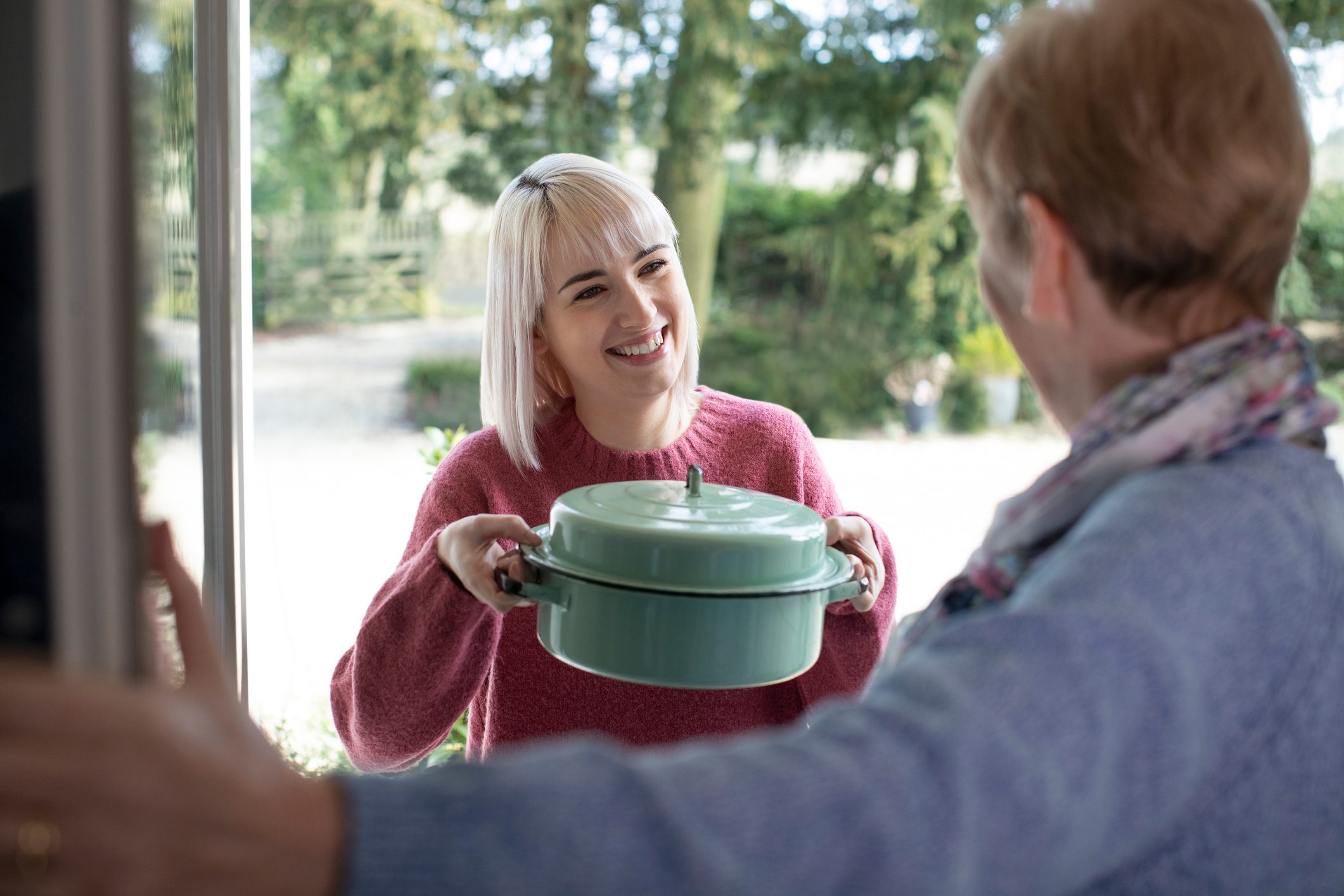5 Common Questions About Sprouted Onion And Garlic, Answered
Onion and garlic have a lot of similarities and one of them is that they are considered cooking essentials in every household. But what do you do when you discover that yours have started sprouting? Do you throw them out or eat them still? Read on for everything you need to know about sprouted onion and garlic as well as how they may affect human health.
;Resize,width=742;)
What is a savoury dish without onion and garlic? It is an established fact that the condiments can take the flavor profile of any dish a notch higher, but is that still the case when they have started sprouting?
This and a few other common questions regarding sprouted onion and garlic have been answered below:
1. Why do onion and garlic sprout?
Although sprouting is a natural phenomena, it is particularly appetising when you find your onions and garlic giving off some. This process is stimulated by water and other befitting conditions. That's why sprouting is most common in onions and garlic that were stored in humid or wet areas.
2. Are sprouted onion and garlic safe for consumption?
Yes, they are. Although a sprouted onion or garlic may become mushy to touch, they pose no harm to human health. Some people even intentionally eat sprouts because they contain high amounts of protein.

3. What are the health benefits of eating sprouted onion and garlic?
Onion and garlic are known for their pungent smell and taste but are you aware that, regardless of sprouting, they are superpacked with various nutrients? Onions are rich in vitamin C, vitamin B6, potassium and folate, while garlic contains high amounts of vitamin C, vitamin B6, thiamin, potassium, calcium, phosphorous, copper and manganese.
4. What to do with an onion or garlic sprout?
If you don't plan to eat the baby sprouts, clean the onion and garlic thoroughly and use them as you normally would. Allternatively, you may consider growing your own onion or garlic. All you have to do is separate the sprouts inside the onion's layers and plant them in potting soil, you can grow new onions.
5. How can I prevent my onion and garlic from sprouting?
Your best bet at preventing your garlic and onion from sprouting is by keeping them properly. The ideal environment is cool, dry, and dark with good air circulation to prevent them from growing.
Do you eat sprouted onion or garlic?
;Resize,width=767;)
;Resize,width=712;)
;Resize,width=712;)
;Resize,width=712;)
